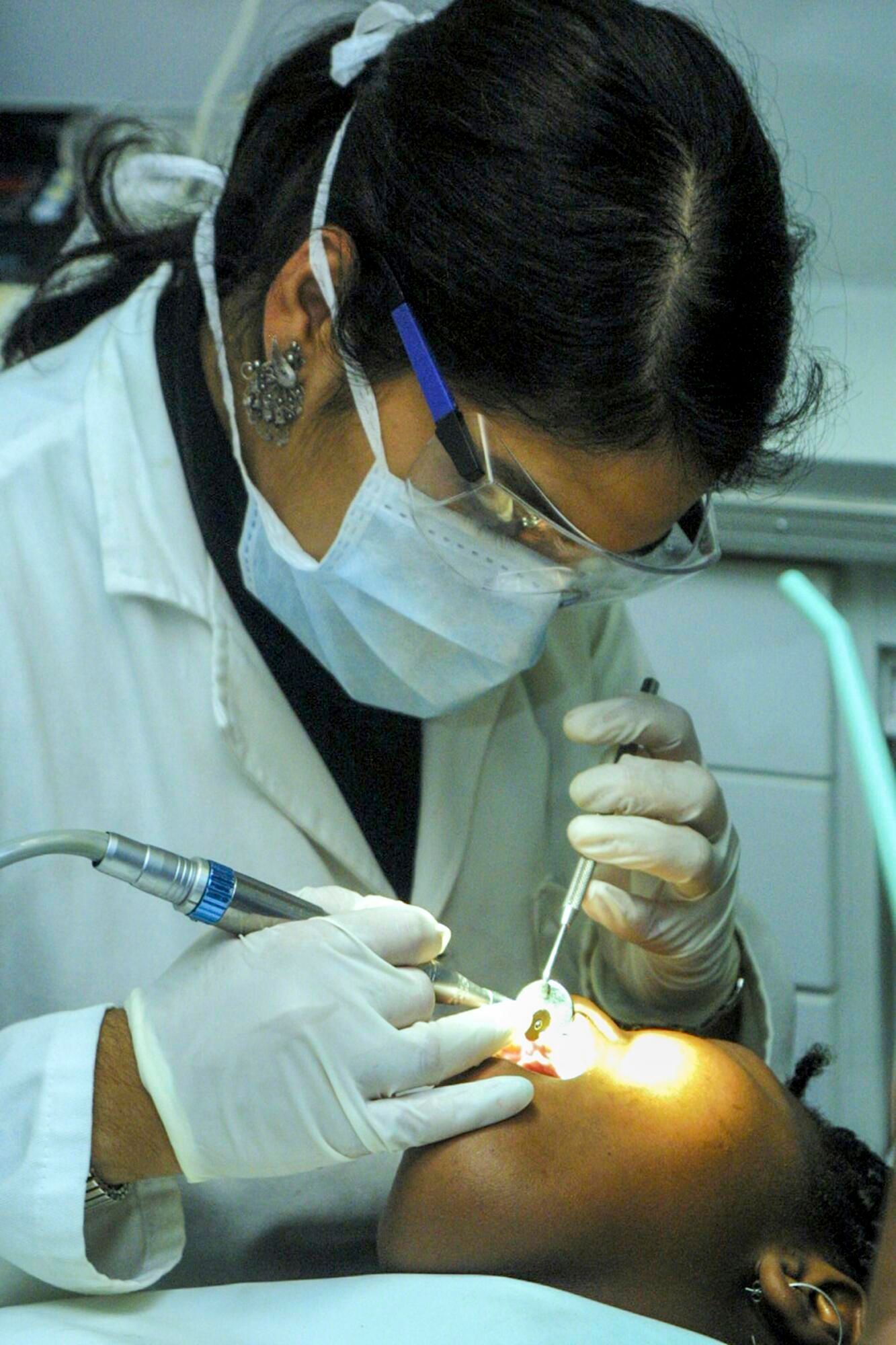You are at your dentist's office, hoping for a quick fix to that nagging pain in your back molar. But instead of a simple filling or routine extraction, the dentist says, "Surgical tooth extraction."
Suddenly, your mind races with questions.
Why does it need to be surgical? What does that even mean? Is it serious?
Surgical tooth extractions are not as scary as they sound, but they are specialized for specific dental challenges. We can help. Let us review what you need to know about surgical tooth extractions.
Impacted Teeth
Impacted teeth are one of the most common reasons for surgical tooth extractions. This condition occurs when a tooth cannot correctly emerge from the gums because of:
- Physical obstructions
- Lack of space
- Improper alignment
Impacted teeth are often associated with wisdom teeth extraction. These teeth typically appear in late adolescence or early adulthood. However, other teeth, such as canines, can also become impacted.
Surgical extraction is necessary to address impacted teeth because they are often located below the gum line or within the jawbone.
Overcrowding Before Orthodontic Treatment
Overcrowding is a common dental issue that causes insufficient jaw space to accomodate all teeth adequately. This can lead to overlapping, twisting, or displacement of teeth, which affects the aesthetics of a smile and poses challenges for oral hygiene and overall dental health.
Surgical tooth extractions are sometimes necessary to create space for proper alignment before starting orthodontic treatments such as braces or aligners.
Surgical extraction becomes essential when these teeth are:
- Deeply rooted
- Partially erupted
- Located in hard-to-reach areas
With sufficient space, orthodontic treatment may be more effective and result in prolonged treatment times.
Removal of Root Tips or Fragments
Sometimes, during a routine tooth extraction, parts of the tooth, such as the root or small fragments, may break off and remain embedded in the jawbone or gum tissue. If not addressed promptly, these residual pieces can cause complications, including infection, pain, and delayed healing.
While some tiny root fragments can remain harmless and are left in place under careful monitoring, removal is often required if they:
- Cause persistent pain or irritation
- Increase the risk of infection or abscess formation
- Interfere with the healing process
- Complicate future dental treatments, such as dental implants
Teeth With Curved or Unusual Roots
Root irregularities, such as extreme curvature, multiple root branches, and fused roots, make tooth removal using standard techniques difficult. Surgical tooth extraction becomes necessary in these cases to ensure the tooth is safely and effectively removed without damaging surrounding bone or tissues.
Broken Teeth From Trauma
Mouth trauma can result in teeth becoming fractured, cracked, or completely broken. These face injuries can occur due to car accidents, sports injuries, falls, or other impacts.
If the damage is limited to the crown, restorative options like bonding, crowns, or veneers may be sufficient to save the tooth. However, when a fracture extends below the gum line or affects the root, it often cannot be repaired. In such cases, surgical extraction removes all damaged tooth structures.
Preparing for Tooth Removal Surgery
Whether the procedure is necessary due to impacted wisdom teeth, overcrowding, or infection, taking the proper steps beforehand helps reduce stress and minimize complications.
Your dental professional will provide specific pre-operative guidelines. If general anesthesia or sedation is planned, you may be asked to avoid eating or drinking for several hours before the procedure. Patients who take blood
thinners or other medications may need to adjust their dosage temporarily under the guidance of their doctor.
Since surgical extractions can involve sedation, getting someone to drive you home after tooth removal surgery is essential. Plan to have a friend or family member stay with you during the first few hours of recovery to help with basic tasks as you rest.
Extraction Recovery Tips
While the process varies depending on the complexity of the extraction, adhering to recovery best practices can make you feel more comfortable and speed up healing.
For the first few days after surgery, eat soft, cool, or lukewarm foods that require minimal chewing. Options like yogurt, applesauce, mashed potatoes, and broth are ideal. Avoid eating hot, spicy, or crunchy foods that could irritate the area or dislodge the blood clot.
Strenuous activities can boost blood flow and lead to things like prolonged bleeding or swelling. Take it easy for at least 48 hours after surgery, prioritizing rest to allow your body to focus on healing.
If your dentist has scheduled a follow-up visit, ensure you attend. This appointment allows your dentist to monitor the healing process, remove sutures if necessary, and address any concerns. That way, you will avoid complications of tooth removal.
Choosing a Dentist Oral Surgery
Selecting the right dental professional for a surgical tooth extraction is a critical decision that can impact the success of the procedure and your overall experience.
If your case requires specialized care, ask your general dentist for referrals to trusted oral surgeons. Read online dental reviews and past patient testimonials to gain insights into the provider's reputation, communication skills, and patient satisfaction. Recommendations from friends or family who have undergone tooth removal surgery can also be invaluable.
A good dentist or oral surgeon will take the time to explain the procedure, answer your questions, and address any concerns. They should provide a:
- Clear overview of the steps involved
- Anesthesia options
- Potential risks
- Post-operative care
Feeling comfortable with their approach and communication style is essential for a positive experience.
Post-surgical care is an essential aspect of the extraction process. Choose a provider who offers clear aftercare instructions.
They should be around to help out with any concerns during recovery. A professional who provides emergency support can offer peace of mind if complications arise.
Surgical Tooth Extractions: Now You Know
There is a lot to consider when it comes to surgical tooth extractions. This guide should help you if you are in this situation.
Are you considering your options? Check out TERSA Oral and Facial Surgery. Dr. Andrés E. Guerra-Andrade has over twelve years of experience putting patients like you at ease.




